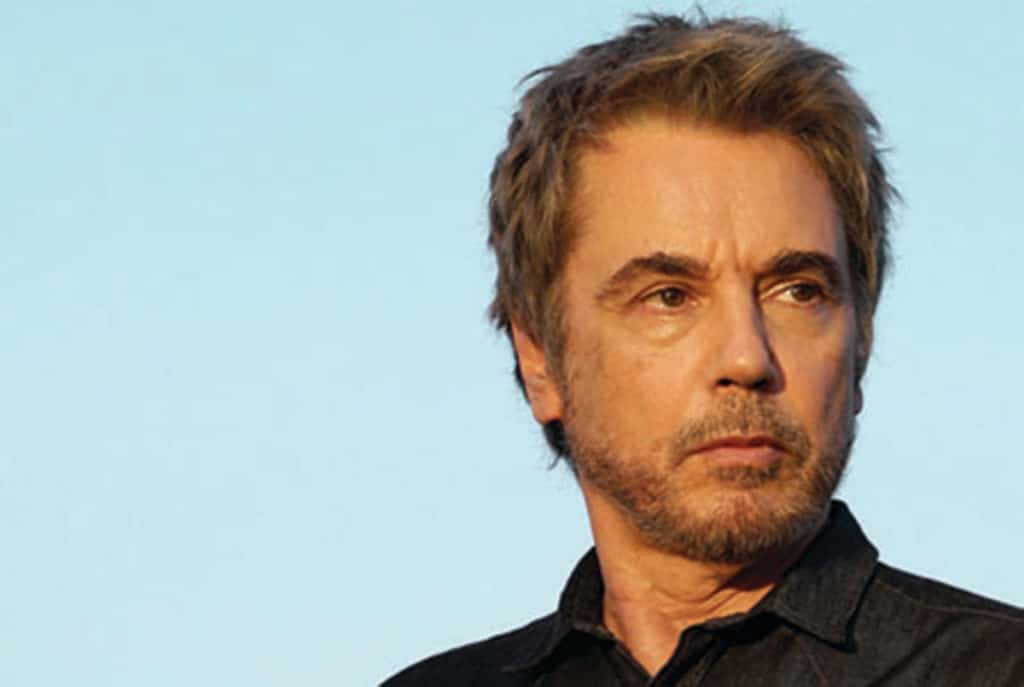Orbital are a British duo consisting of brothers Phil and Paul Hartnall. They created a vast genre of ambitious and understandable electronic music.
The duo combined such genres as ambient, electro and punk.
Orbital became one of the biggest duos in the mid-90s, resolving the genre's age-old dilemma: staying true to underground dance music while still being popular in the rock scene.
In rock music, an album is not just a collection of singles, but an artistic manifestation of all the abilities of a musician, which are demonstrated in live performances.
But with electronic music, things are not at all like this: live performances are not very different from recording and quite often there is no need for concerts at all.
Starting their career in 1990 with the UK Top 20 hit "Chime", the duo released a number of critically acclaimed albums. Among the first successful works of the group albums in 1993 and 1996 are "Orbital 2" and "In Sides".
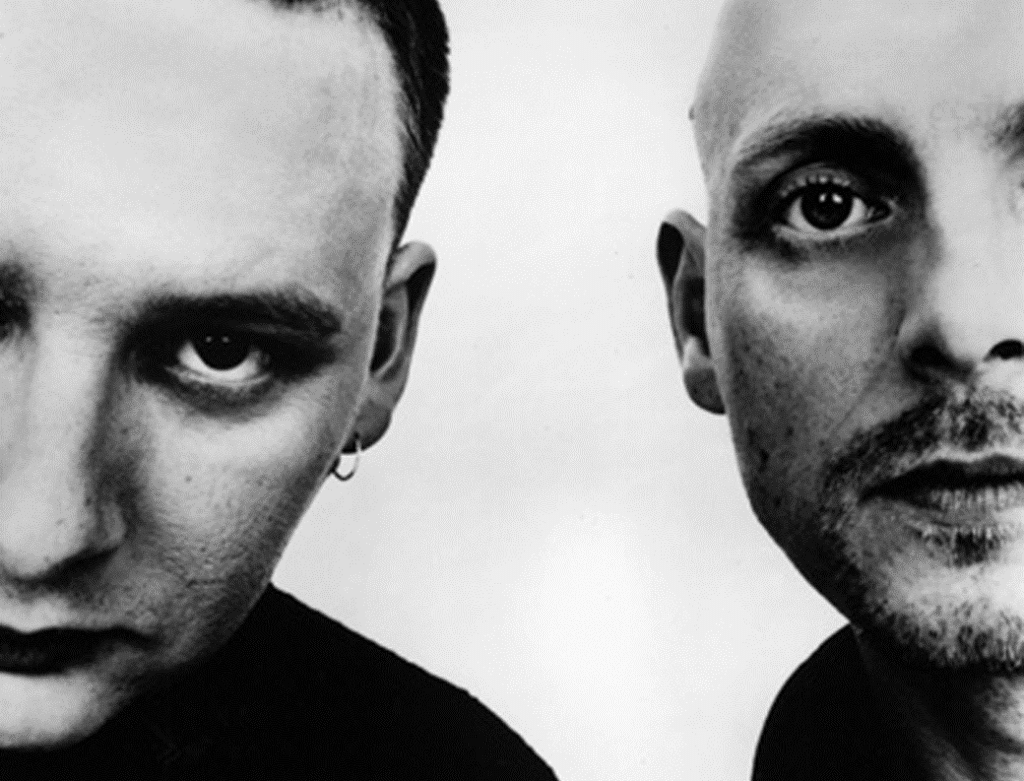
The records were a success with both rock fans and electronic music connoisseurs, thanks to constant live performances and the use of the band's songs as soundtracks for films.
Since the duo's music is quite "cinematic", it has been used in films such as "Event Horizon" and "Octane".
The duo broke up in 2004, only to return to the stage in 2009. At the same time, the musicians released the full-length album "Wonky" and the soundtrack to the film "Pusher" in 2012.
After a second split in 2014, the musicians got back to work in 2017.
In 2018, their album "Monsters Exist" was released.
Carier start
The Hartnall brothers Phil (born January 9, 1964) and Paul (born May 19, 1968) grew up in Dartford, Kent listening to early 80s punk and electronic music.
From the mid-80s, Phil worked as a bricklayer and Paul played with the local band Noddy & the Satellites. They started recording tracks together in 1987.
Recorded with keyboards and a drum machine on cassette with a total production cost of £2,50, the guys sent their first composition "Chime" to the Jackin' Zone home mix studio.
By 1989 "Chime" was released as a single, the first on Jazzy M's Oh-Zone Records label.
The following year, ffrr Records re-released the single and signed the duo. The guys decided to name their duet Orbital in honor of the M25, the London ring expressway (M25 London Orbital Motorway).
The name of this ring road is directly related to such a phenomenon as the summer of Love, which took place in San Francisco in the 60s.
The single "Chime" hit number 17 in the UK charts in March 1990. After that, the song appeared on the television chart show Top of the Pops.
Orbital's first untitled album was released in September 1991. It consisted of completely new material, that is, if the live versions of the single "Chime" and the fourth single "Midnight" are considered new works.
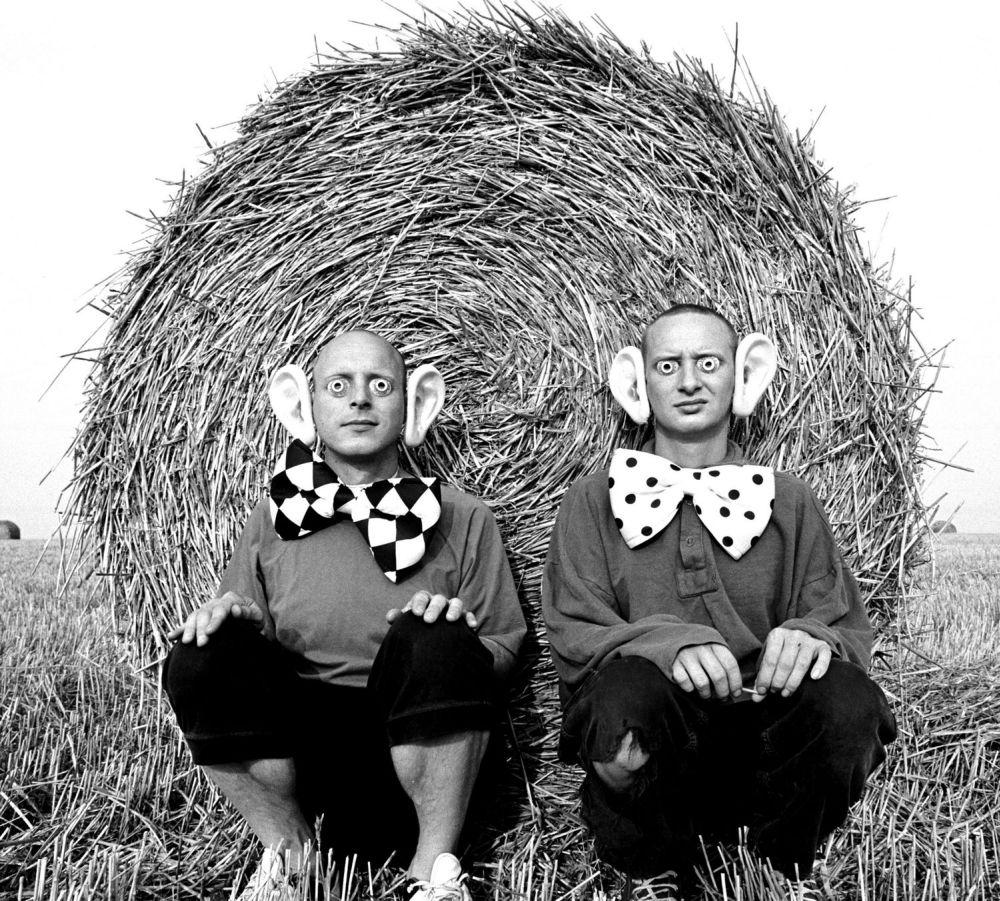
Unlike later albums by the Hartnall brothers, the debut work was more of a collection of songs than a real full-length work.
The cut-and-paste attitude of the musicians from one album to another is typical of many techno records of the time.
During 1992, Orbital continued to chart successfully with two new EPs. The Mutations remix work - featuring Meat Beat Manifesto, Moby and Joey Beltram - hit #24 in February.
Orbital paid tribute to the Meat Beat Manifesto later that year by remixing "Edge of No Control" and then reworking songs from Queen Latifah, Shamen and EMF.
The second EP, "Radiccio", hit the top 40 in September. This marked the Hartnolls' recording debut in England, although ffrr Records retained control of the duo's US contract.
In the new year 1993, the duo entered with full readiness to free techno music from club restrictions. They began this process with the release of their second record in June of the same year.
This album, like the previous one, had no name, but was nicknamed "brown" (brown) by analogy with the "green" (green) debut disc.
The work combined the various directions of its predecessor into one whole and hit number 28 in the British charts.
Live performances
The Hartnoll brothers continued the electronic revolution that began on their first American tour.
Phil and Paul first played live in a pub in Kent in 1989 - even before the release of "Chime" - and continued to make live performances a cornerstone of their appeal during 1991-1993.
On tour with Moby and Aphex, Twin Orbital proved to Americans that techno shows can actually draw huge audiences.
By not relying on DAT (the savior of most live techno performances), Phil and Paul allowed an element of improvisation into a previously untouched area of music, making their live performances truly sound "alive".
The concerts were no less entertaining to watch, with the constant presence of the Hartnolls behind the synthesizers - a pair of flashlights attached to each head, swinging as the music played - underline the impressive light shows and visuals.
The release of the "Peel Sessions" EP in early 1994, recorded live at Bida Maida Vale Studios, cemented on plastic what concertgoers had already heard.
This summer proved to be the pinnacle of Orbital's performances. They performed at Woodstock and headlined the Glastonbury Festival.
Both festivals received rave reviews and confirmed the duo's status as one of the best live performances in the field of popular music.
Album "Snivilisation"
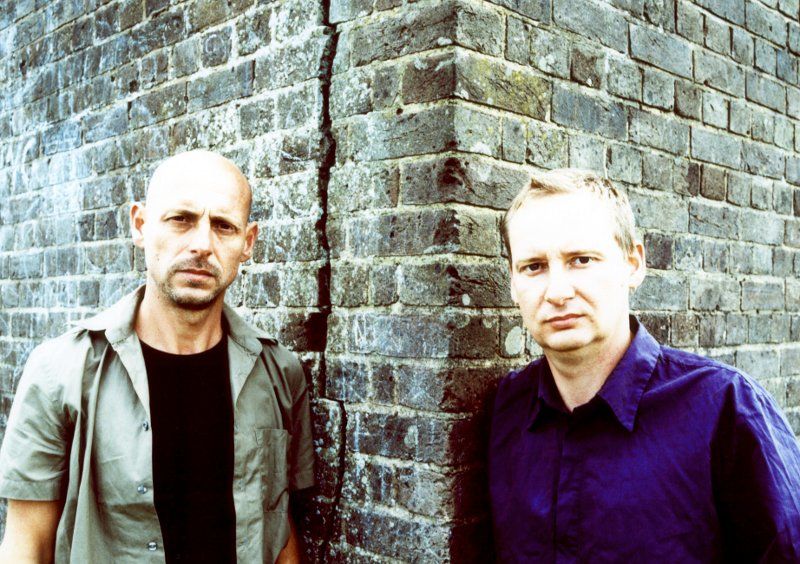
The US only "Diversions" EP - released in March 1994 as a companion to the second LP - contains tracks from both the "Peel Sessions" and the "Lush" album.
After in August 1994, the work called "Snivilisation" became the first Orbital album to have a title. The duo left no political or social commentary on their previous album - "Halcyon + On + On" was actually a response to drug use, which was used for seven years by their own mother.
But "Snivilisation" pushed Orbital into a much more active world of political protest.
The focus was on the Criminal Justice Bill of 1994, which gave the police greater legal action to break up rave parties and arrest members.
The wide variety of styles indicated that this was Orbital's most accomplished work. "Snivilisation" also became the duo's biggest hit to date, reaching number four on the UK album charts.
"In Sides", "Middle of Nowhere" и "The Altogether"
The brothers toured throughout 1995 headlining the Glastonbury Festival in addition to the dance extravaganza Tribal Gathering.
In May 1996, Orbital embarked on a completely different tour. The duo played traditional seated music venues, including the prestigious Royal Albert Hall.
They usually only appeared on stage in the evening, much like typical rock bands.
Two months later, Phil and Paul released "The Box", a 28-minute single of orchestral music.
As a result, "In Sides" has become one of their most famous albums, with many excellent reviews in publications that have never covered electronic music.
The band performed their greatest hits in the UK with a three-part single and a re-recording of the "Satan" single.
More than three years passed before Orbital's next album, 1999's "Middle of Nowhere", was released. It was the third consecutive album to reach the top 5 in the US.
An aggressively experimental album called "The Altogether" was released in 2001, and a year later Orbital celebrated over ten years with the release of the retrospective work "Work 1989-2002".
However, with the release of the Blue Album in 2004, the Hartnoll brothers announced that they were disbanding Orbital.
After the split, Paul began recording music under his own name, including material for the Wipeout Pure PSP game and a solo album ("The Ideal Condition"), while Phil created another Long Range duo with Nick Smith.
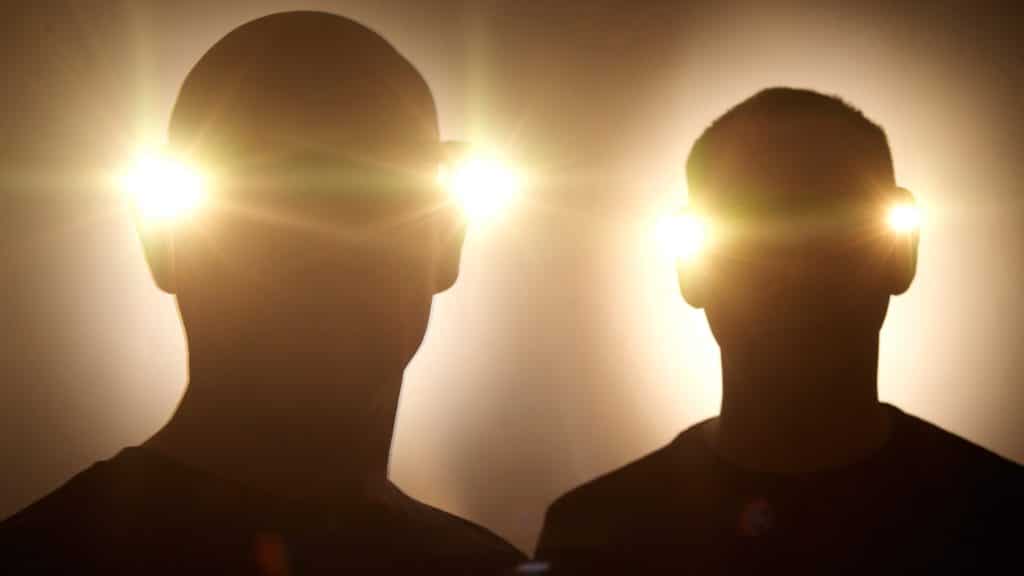
Resumption of work
Unsurprisingly, this was not the end of their partnership. Five years after the release of the Blue Album, the Hartnall brothers announced their live concert and reunion for the 2009 Big Chill Festival.
2012 saw the release of their eighth full-length album, Wonky, with a return to a sound inspired in part by producer Flood and in part by Orbital's sound in the early 90s.
The album also made a bet on modern styles such as dubstep and included vocals from guest artists Zola Jesus and Lady Leshurr.
Later that year they provided the score for the film Pusher, directed by Luis Prieto. Orbital disbanded again in 2014.
Phil focused on DJing and Paul released an album called 8:58 and also appeared in a collaboration with Vince Clarke called 2Square.
Orbital reunited again in 2017, releasing "Kinetic 2017" (an update of the earlier single project Golden Girls) and playing several shows in the UK in June and July.
Another single, "Copenhagen", appeared in August, and the duo ended the year with sold-out shows in Manchester and London.
Monsters Exist, Orbital's ninth studio album, was released in 2018.


